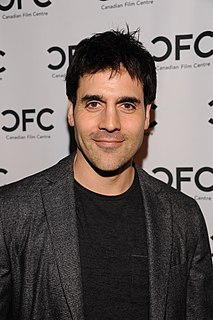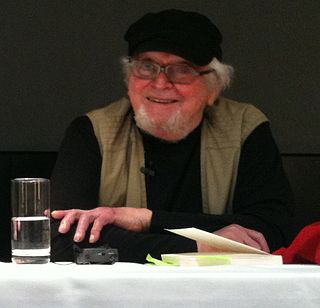A Quote by Mason Cooley
In describing someone's character, I reveal my own.
Related Quotes
Stage is so important because it teaches me how to convey character with words - how to convey how a character reacts by the way they appear on stage. I can usually tell a playwright from someone who has never written for the stage. Did the character work? Did the dialogue reveal who the character is?
I've always used masks. I think it's a lot about the fact that masks often reveal a sort of subconscious element to a character. The mask is carved and given an expression or markings to reveal something, even though it's shielding the face. Even though it's hiding the face, it seems to reveal something underneath.
If you read a book about school - someone else's book - you always translate it into your own school experiences. It's describing the student: he's bewildered and lost in a large crowd in a university classroom. You'll visualize that from your own experiences. So, everything you know is what you're really writing.






































